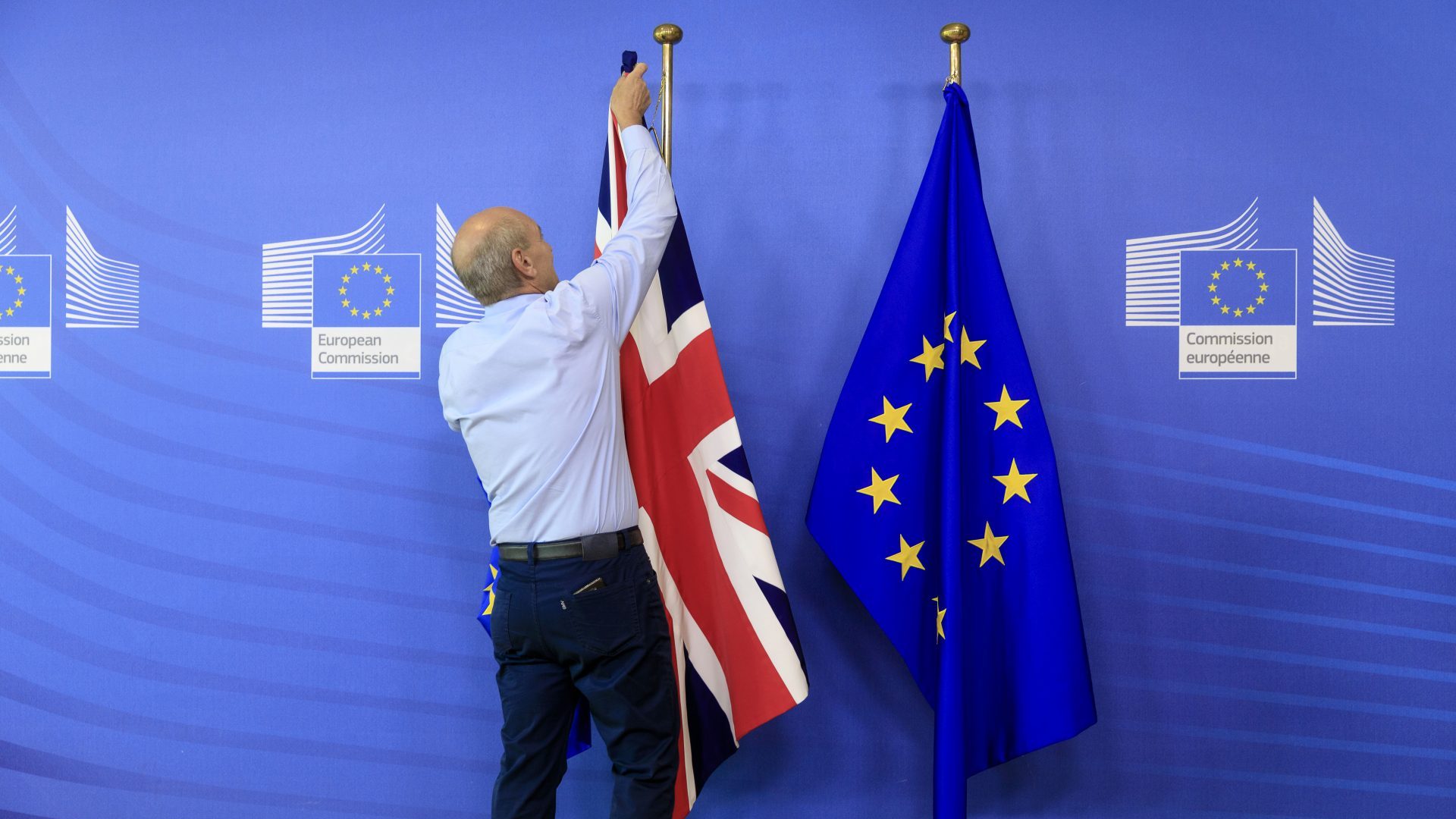We are, it seems fair to say, now at the stage where we can discuss what will happen after the election without any fear of jinxing it. Even if Keir Starmer were to kill a donkey in cold blood and in front of a camera in the next few days, the Labour party would still win a majority on Thursday.
Rishi Sunak could promise to personally give £100,000 to every single person living in Britain, from his own bank account, and his party would still lose over 100 seats. It is an odd state of affairs, as the country hasn’t had such a predictable election in decades.
It also means that we can turn to our soon-to-be Parliament, instead of focusing on the neverending two (three, four…) horse race. Much has been made of what Starmer would like to do as Prime Minister. He is a man on a mission, and Labour’s manifesto is a comprehensive one.
Still, it seems worth remembering that we are not only about to gain a shiny new government. The make-up of the House of Commons is about to change drastically. The Liberal Democrats are almost certainly about to welcome dozens of news MPs to their benches. The Greens may well win a few of them as well. The SNP is in retreat, but should still be a noticeable presence in the chamber.
The Tories – in case you’ve spent the past year or so in a coma – will go from the largest party to, at best, a distant second. Many of their foot soldiers who spent years and years ensconced in the Brexit wars, fighting on the side of Brexit, are either already standing down or about to lose their seats.
What this means in practice is that the Commons will start caring about different issues, and will have different priorities. It may also get ready to address the elephant in the room.
If there is one thing the Lib Dems, the SNP and the Greens have in common, it is that all of them would seek to rejoin the European Union, or at the very least rejoin the single market and the customs union. They may not be the most natural bedfellows when it comes to other policy areas, but they could present a united front on Europe.
They are also about to lose many of their obvious attack lines. The Conservatives were right-wing and they were chaotic; as left-of-centre parties, it was easy for those three to set out their anti-government stall. What will they focus on under a Labour government? One answer may well be Europe, as the party’s leadership is still refusing to consider any major policy change on the issue.
Worryingly for Starmer, some of the calls for a closer relationship may end up coming from inside the house. The Labour party already was home to a number of stridently pro-EU MPs, and they are about to be joined by many more. According to their website, 54 Labour candidates in this election are members of the Labour Movement for Europe. If they decide to start making some noise on the issue, they will get heard.
What will happen if or when they do? That’s the million dollar question. A House of Commons with a large majority for left-of-centre parties will have different priorities. It will no longer be at the mercy of a seemingly endless stream of odd and colourful Tory characters, ready to bray at any suggestion that Brexit hasn’t quite worked out.
Our new MPs will also have to make their peace with the fact that a majority of the people they represent now believe the Brexit vote to have been a mistake. This doesn’t mean that there is a majority for rejoining the EU, but it ought to make them reflect on their stances. Really, the only thing standing in their way will be the British press, given that a number of newspapers remain ardently eurosceptic.
In the end, this may prove to be their undoing. It was easy to hate the EU when the government and most of the Commons did as well. Deciding to keep screeching about it when nearly everyone has moved on, or even changed their mind, may well make them less relevant than ever. Here’s to hoping, at least.










